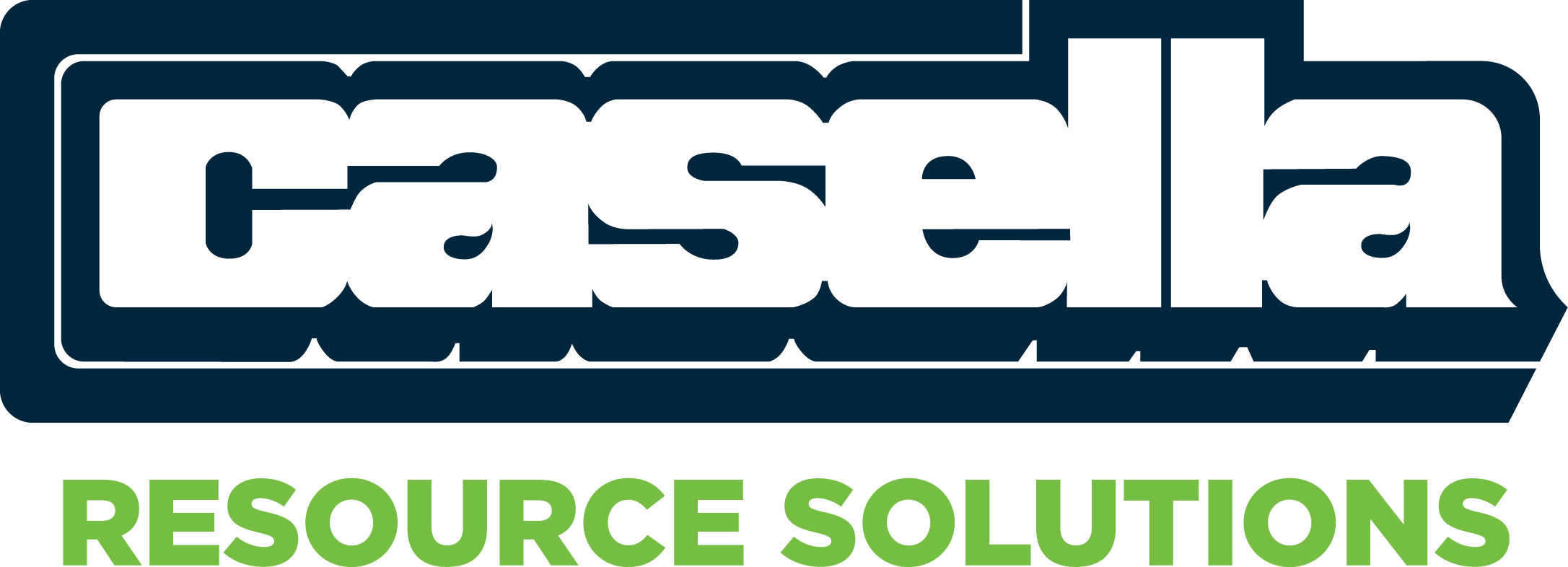A sampling of the Practicum Projects for 2017-18 are described briefly below:
Host - ByFusion
Project Title – Igniting Change by Uniting Forces
ByFusion is an innovative manufacturing company dedicated to disrupting the recycling industry by reshaping the future of plastics. The ByFusion practicum will focus on identifying new business opportunities by developing a corporate partnership strategy to maximize our collective efforts to heal the planet. ByFusion sees an opportunity to synergize with environmentally conscious corporations to allow them to have a positive, measurable impact on their communities; creating a win-win situation that solidifies both organizations as essential cogs in a new circular economy.
Host – Care Enterprises
Project Title – Investing in For-Benefit Enterprises across South and Southeast Asia
CARE Enterprises is at the forefront of creating innovative investment models in the fight against poverty. It is a start-up, for-profit subsidiary of CARE, a leading humanitarian aid organization. This practicum project will focus on the development of a pipeline of investment opportunities and potential investors in Indonesia and/or Bangladesh. Investment opportunities identified will be based on commercial viability, potential to reach significant market size, economic inclusion, shared value, and a female-focused gender lens. The practicum team will also develop impact metrics and targets for the fund.
Host – Caterpillar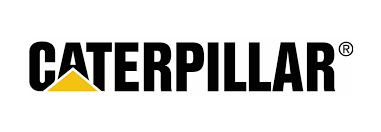
Project Title – Toward Green Infrastructure: Sustainable Reuse of Dredge Material
The purpose of the Caterpillar practicum project is to research and develop new, creative ideas for repurposing dredged material for productive uses. A core area of research will be into methods of using dredged material to build coastal and riverine infrastructure to protect against the adverse impacts of extreme weather events. This may include nature-based approaches to building/re-building marshes, wetlands, barrier islands and/or living shorelines. The team will research and evaluate alternatives for financing the beneficial use of dredged material for such purposes and, in so doing, identify and address both opportunities and constraints due to economic, regulatory and legislative factors, map stakeholders and develop strategies for addressing their concerns. The team will then pioneer a creative structure for financing flood mitigation projects. Ultimately, working toward designing projects that will help protect population centers and man-made infrastructure from storm and flood damage.
Host – Essilor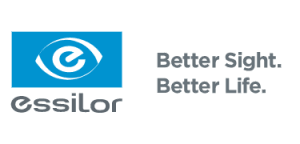
Project Title – See Change: Bringing Sustainable Vision Care to the Base of Pyramid Populations
The world's leading ophthalmic optics company, Essilor designs, manufactures and markets a wide range of lenses to improve and protect eyesight, globally. 4.6 billion people in the world have visual defects, and 2.5 billion still do not have the vision correction they need, 90% live in developing countries. In line with Essilor’s core mission of improving lives by improving sight and its firm belief that good vision should be a development priority to reach the UN’s Sustainable Development Goals, the company launched a dedicated division to tackle this issue with a focus on advocacy, philanthropy and inclusive business models.
Through the inclusive business arm - 2.5 New Vision Generation (2.5 NVG), the Group is creating access to affordable eye care, generating employment and alleviating poverty, by building a taskforce of skilled primary vision care providers and micro-entrepreneurs in underserved areas. One of the many countries positively affected by Essilor Group is Ivory Coast. As part of the practicum project, the team will assess the efficacy of Essilor’s programs in creating access to vision care for BoP population in Ivory Coast in addition measuring the socio-economic impact of such activities on local communities. This would help shape the strategy for future efforts in the region.
Host – FreshTracks Capital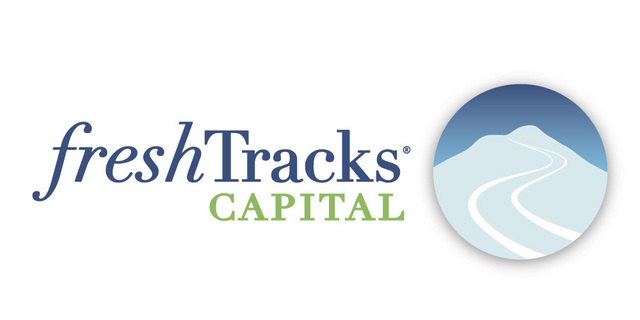
Project Title – FreshTracks Business Bank Merchant Banking Practicum
The goal of the Merchant Bank Practicum is to explore creating a non deposit-taking entity that can promote the health and inclusiveness of the Vermont economy and community by providing opportunity for small Vermont businesses to access debt financing that would otherwise be unavailable to them so that they can grow here. This practicum is intended to explore the demand for debt financing that is outside the typical lending activities of deposit-taking institutions and whether and how providing such financing can be done in a way that is viable for growing businesses and profitable for investors. This practicum will analyze the opportunity to establish a merchant banking entity to address these needs, and will include researching the gaps in current funding options through private capital, banking and thrift institutions, and governmental programs; assessing market demand, business needs and borrowing capacity, structural options for the entity; exploring funding options/sources for the merchant bank (including potential partnerships with traditional institutions and community economic development organizations); and possible lending structures that could be deployed.
Host – Global Evolution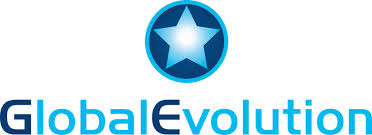
Project Title – Building the North American Market for ESG Investing in Frontier Markets
Global Evolution is a Denmark-based boutique investment management firm that specializes in emerging and frontier market sovereign debt. By fully integrating environmental, social and governance (ESG) into the investment process, Global Evolution has established a track record of both meaningful engagement with countries and optimized strategies to investors. The purpose of this practicum project is to work with a variety of stakeholders to craft strategies for telling the story of ESG dynamics to clients and prospects in compelling ways. These strategies will then be synthesized into educational and training materials to guide the development of best practices for the marketing and communication of Global Evolution’s products in North America.
Host – Griffith Foods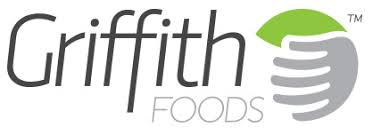
Project Title – Scoping a “Shared Value” Start-Up
Griffith Foods is a product development partner specializing in food ingredients, serving global and regional food companies worldwide. As a family-owned company, Griffith Foods is committed to helping their customers succeed through true, collaborative innovation – “Creating Better Together”. Griffith Foods is driven by its Purpose – “We Blend Care and Creativity to Nourish the World” and is dedicated to integrating sustainability into its core strategy and operations.
This practicum project is seeking to expand the scope and scale of the successful Griffith Sustainably Sourced [GSS] program, combined with similar ‘Shared Value’ and Base of the Pyramid initiatives that the company has been working on and that are at various stages of development. The team is looking to work with Griffith Foods on creating an independent company that will be set up and wholly owned by the company. The objectives of this new company will be to: 1. Serve the Griffith Foods Purpose through greater impact to small holder farmers, communities and society; and 2. Enable execution of Griffith Foods' Purpose-driven strategy. Students will work with a team from Griffith Foods, develop a comprehensive business plan for a ‘shared value start up’ that will operate as a separate company within the Griffith Foods group of companies. Goals of the project will include: identify new external customers; create new products and categories; enter new market segments; increase retention and penetration of existing customers/products; obtain, build and leverage new differentiated capabilities in shared value, partnerships/ecosystems and health and nutrition.
Host – Keurig Green Mountain and Casella Waste Systems
Project Title – Compostable Packaging: Defining a Responsible Product Launch
Keurig Green Mountain continues to be a leader in specialty coffee & innovative single serve brewing for 35 years and counting. As a company founded on social responsibility, Keurig is committed to using the power of business to brew a better world through their work to build resilient supply chains, sustainable products, and thriving communities. Casella Waste Systems provides a vast array of waste and recycling services to customers in over 40 states. Recycling, collection, organics, energy, landfills, professional services and sustainability form the foundation for providing service to Casella’s customers. These two companies have come together to develop a partnership to innovate creative solutions to the sustainability challenges of single serve coffee.
This year, two students are working alongside Keurig Green Mountain & Casella Waste Systems in order to examine the “what” and “how” for a responsible product launch of compostable coffee pods. There is a delicate balance between product and packaging innovation, and infrastructure development to accommodate re-use. Compostable packaging is an example of innovation that does not yet enjoy robust infrastructure to process and breakdown material for next use. This practicum will focus on examining the current compostable packaging landscape as it exists today, as well as the technology and infrastructure being developed in the near future. Additionally, students will research the consumer market and draft consumer and community acceptance proposals in order to give recommendations for the product position in the United States.
Host – OhMD
Project Title – Developing Business Models to Improve Healthcare Access in Underserved Communities
OhMD’s freemium model is unique in the healthcare information technology space. To date, OhMD’s primary focus has been on user growth, because they believe that the clinical dialogues generated on OhMD have the most potential to improve outcomes at scale. This practicum will focus on helping us to develop revenue opportunities for OhMD’s platform which will inform our product roadmap for the next 12 to 18 months. More specifically, OhMD is looking to develop new features/functions that will not only generate revenue in the enterprise and physician practice space, but that will also deliver value to the Federally Qualified Health Centers, community organizations, and other non-profit entities that utilize OhMD to improve care for underserved populations. OhMD wants to develop a business strategy that will provide the company with opportunities to generate revenue while continuing to advance their social mission of healthcare access for all. In addition to a set of recommendations for monetizing the OhMD platform, the practicum team will also develop at least one case study to describe the positive impact of OhMD in an underserved community.
Host - Propagate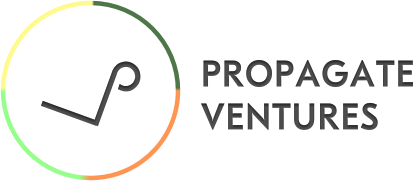
Project Title – Strategies to Scale Permaculture and Agroforestry
Propagate Ventures is a Sustainable Innovation MBA alumni founded start-up whose mission is to scale agroforestry into a cornerstone of agriculture, and to push agroforestry forward as an asset class. Currently, agriculture does not work for 100% of humanity and many farmers struggle with drought, soil erosion, and low income diversity. This practicum project will focus on exploring several sustainable innovation opportunities for Propagate Ventures which includes a qualitative analysis of pre-purchase agreements between brands and farmers, and the use of government incentives for natural resource conservation to help lower installation costs. Additionally, the practicum team will examine the cost modeling of tropical crops and the application of Propagate Ventures's business model in “Base of the Pyramid” markets.
Host - Rhino Foods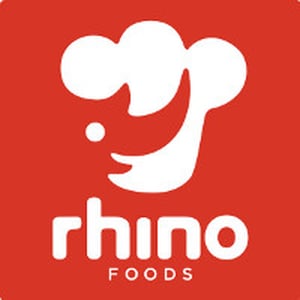
Project Title – Strategic Initiatives for Driving Inclusion in Business
The Rhino Foods practicum team will support the continued growth of Rhino’s inclusive, innovative workplace and culture. To further evaluate and develop practices that align with the company’s Purpose, Rhino is considering the creation of their first ever Impact Report. Using B Lab Impact Assessment data, the team will work across departments (marketing, supply chain, operations, sales and marketing and HR) to highlight social and environmental sustainability, explore avenues for new value creation, and drive internal strategy. The team will benchmark other impact reports, develop processes for evaluating activities and impact, and compose a draft copy. Most importantly, the team will use a participatory approach during this process to gather stories from Rhino staff, key stakeholders and other B Corp certified businesses and make strategic recommendations to the Rhino leadership team. The team will also work to determine how this report will support and highlight Rhino’s B Corp certification
Host – Seventh Generation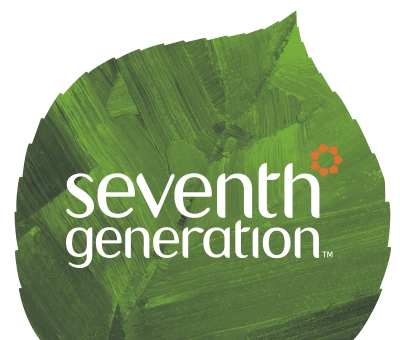
Project Title – Reusable Feminine Hygiene Products
The purpose of the Seventh Generation practicum is to reduce the environmental impact of feminine hygiene products in our landfills by developing a reusable option(s) catered to a female, college-aged demographic. At Seventh Generation, we have a rapidly growing feminine hygiene business that has separated itself from conventional, legacy brands because we source our materials, manufacture the products, test them, and disclose their ingredients differently. The end of life of our products, however, is no better than the conventional players as they contain human waste, and therefore cannot be recycled or biodegrade, and result in living in a landfill.
Host – Zac Nuse
Project Title – Seeking affordable multifamily rental & housing solutions in the Vermont market
I am a Vermonter, I grew up here, and I want to be part of creating a community where people want to stay. A part of that conversation includes working together to build opportunities that solve the biggest challenges, lays the foundation for a strong thriving community and be sure we are covering everyone’s need for safe and affordable housing. My purpose for engaging in this practicum is to better understand how for-profit private firms can work together with others to achieve affordable, socially responsible, and environmentally sustainable multi-family rental and housing solutions.
Vermont suffers from a lack of affordable housing options and this is especially true for families with children. Low vacancy rates and high demand has thus far been insufficient to spur enough private for profit multifamily rental development to meet this need. Meeting this need is important because it has a wide range of impacts on complex social, environmental and economic issues. For example being able to find affordable housing may impact the strength of families, a person’s ability to be hired by employers, a community’s ability to attract a strong work force, and a company’s ability to retain skilled workers. And these impacts gain in complexity as it extends into other areas of the community’s defined sense of place. The approach of this practicum is to engage with a wide range of diverse stakeholders to improve my understanding of the challenge from their perspective and to think critically about relevant trade-offs which can inform an innovative pathway to both what is attractively possible now and what could be possible in the future.

